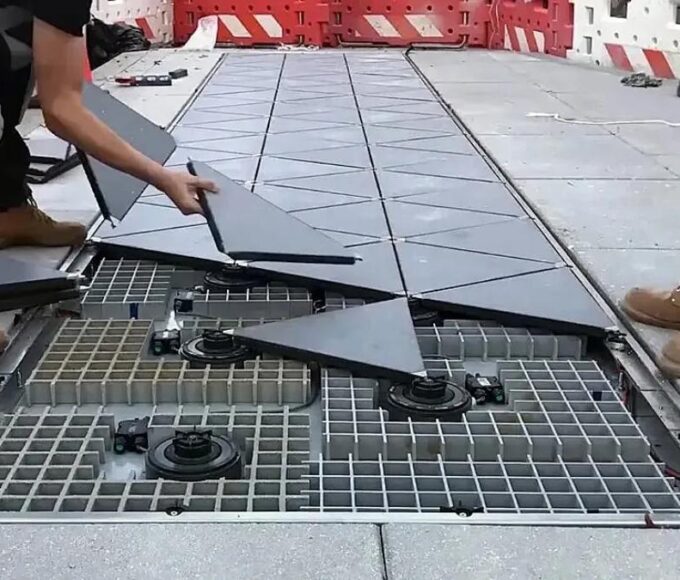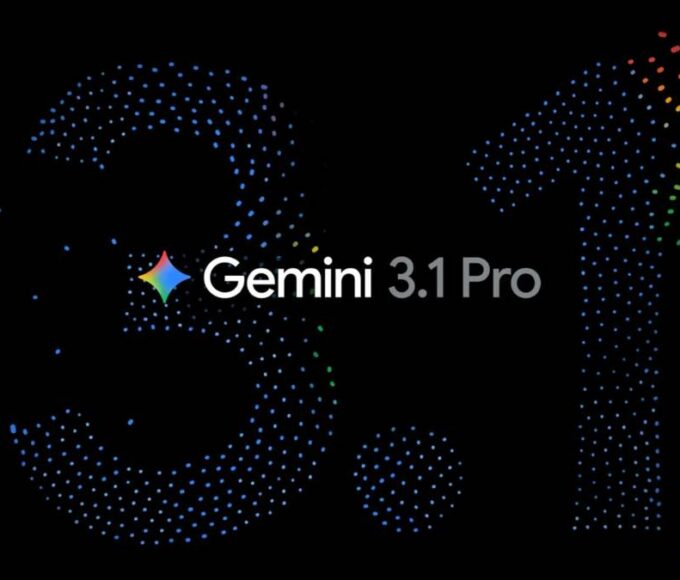Japan has set a new world record for internet speed, reaching an astonishing 1.02 petabits per second—enough to download the entire Netflix library in just one second.
The breakthrough was achieved by researchers from Japan’s National Institute of Information and Communications Technology (NICT), working with Sumitomo Electric and European partners.
The experiment used a 19-core optical fiber cable—the same size as standard cables already in use—demonstrating that the technology could be applied to existing infrastructure.
The data was transmitted over a distance of 1,808 kilometers (1,118 miles) without losing quality, a key factor in large-scale internet networks.
What Does 1.02 Petabits Per Second Mean?
- 1.02 petabits per second equals more than 1 million gigabytes every second.
- It’s over a million times faster than average home internet speeds.
- Users could download thousands of HD movies nearly instantly.
How It Works
The key to the speed is the 19-core optical fiber, which allows many streams of data to move simultaneously through a single cable. This design significantly increases capacity without increasing the cable’s size, making future upgrades easier and more cost-effective.
Why It Matters
This record is seen as a major step forward for global internet infrastructure. As demand grows from technologies like AI, cloud computing, and virtual reality, faster and more reliable data transfer will be critical. Experts say the achievement could shape the future of global data networks.
However, the technology is not ready for public use yet. Challenges like high deployment costs and the need for updated hardware still need to be addressed. Despite this, researchers are optimistic that such barriers will be overcome with time.
Looking Ahead
While consumers won’t see these speeds at home anytime soon, the record demonstrates what’s possible using technology compatible with current systems. It also highlights Japan’s leading role in advancing global communication standards.











